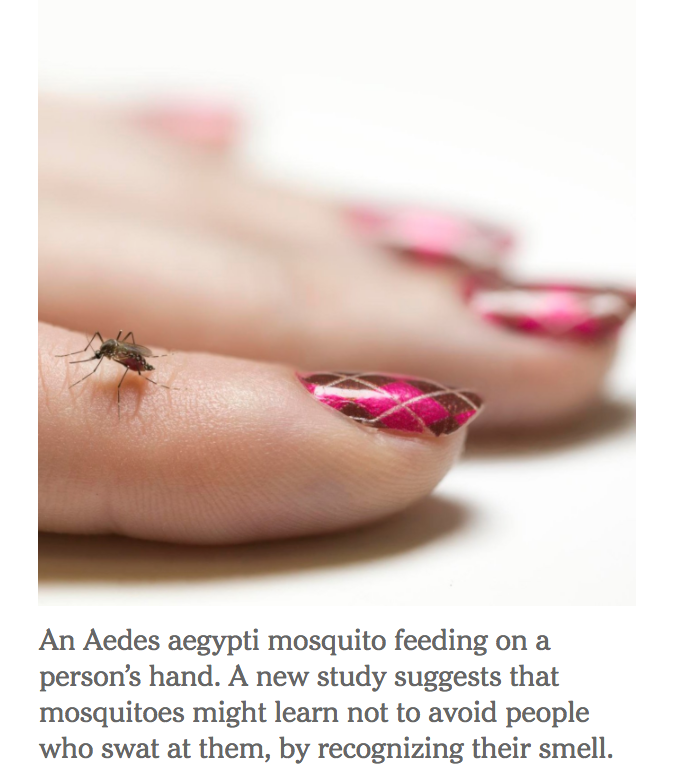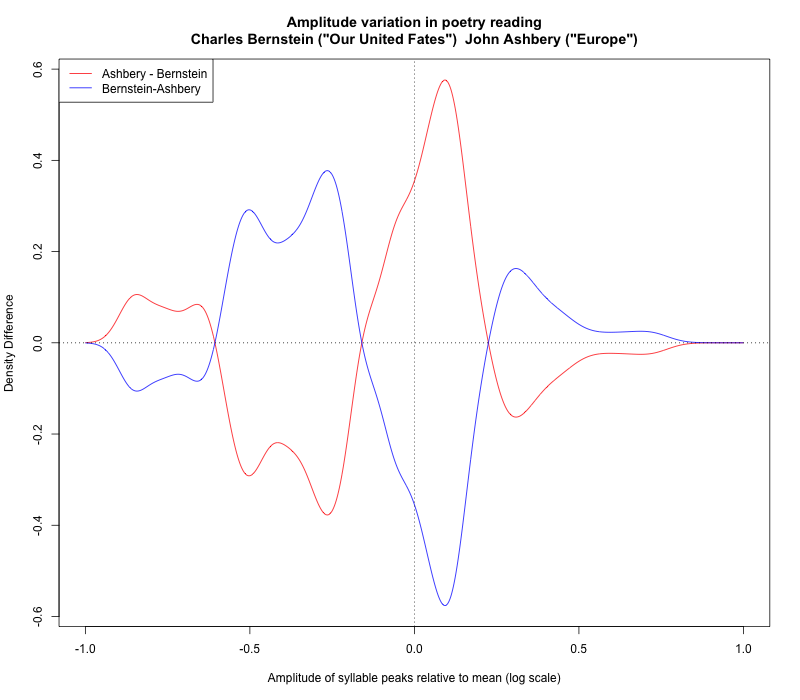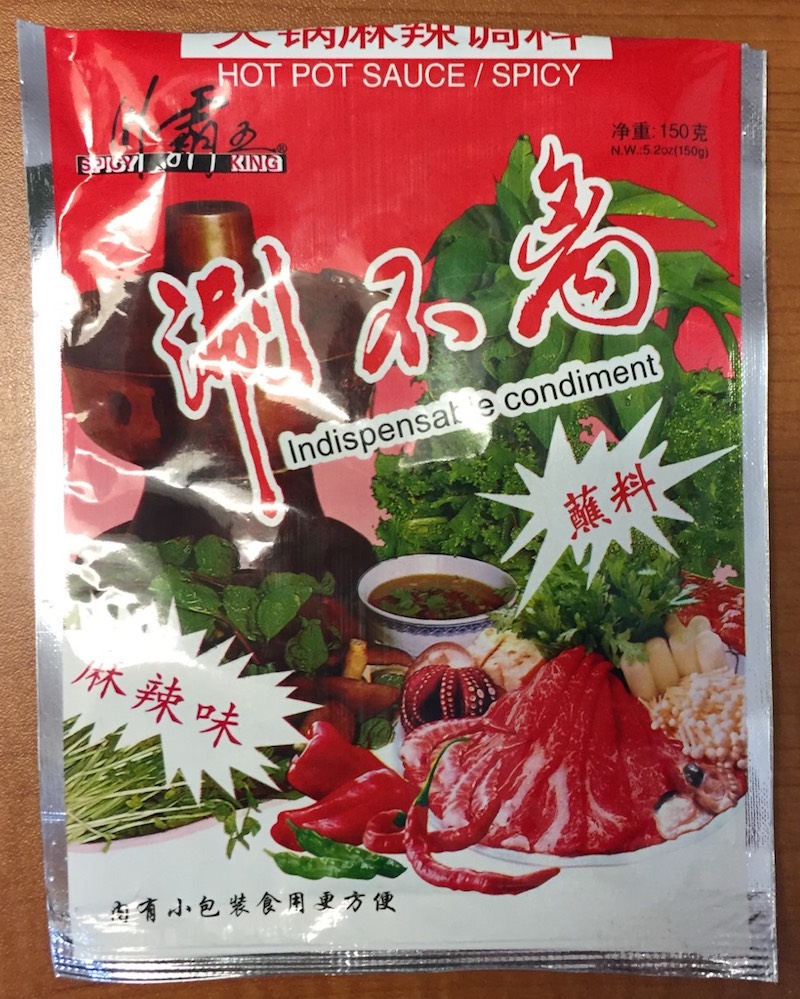Global drop in GNP?
Is it my imagination, or has there been a drop in GNP (Gross National Peeving) across the Anglophone world? I'm not seeing nearly the volume of "Angry linguistic mobs with torches" that I (think I) did a decade ago.
So the recently viral story about this sign on the door of the Continental bar makes me kind of nostalgic:
East Village bar the Continental expounds on their (tongue-in-cheek) ban on the word literally. Their stated goal now is to stop “Kardashianism.” cc: @edenbrower pic.twitter.com/iI0N41qCgt
— evgrieve (@evgrieve) January 24, 2018
Read the rest of this entry »




